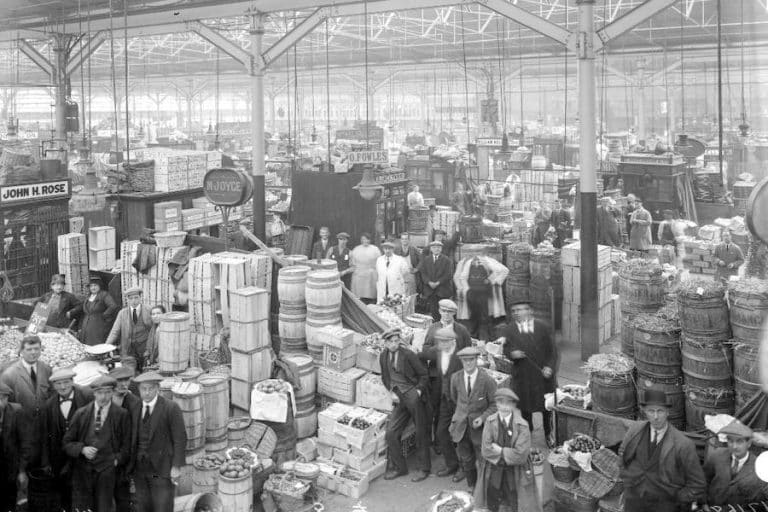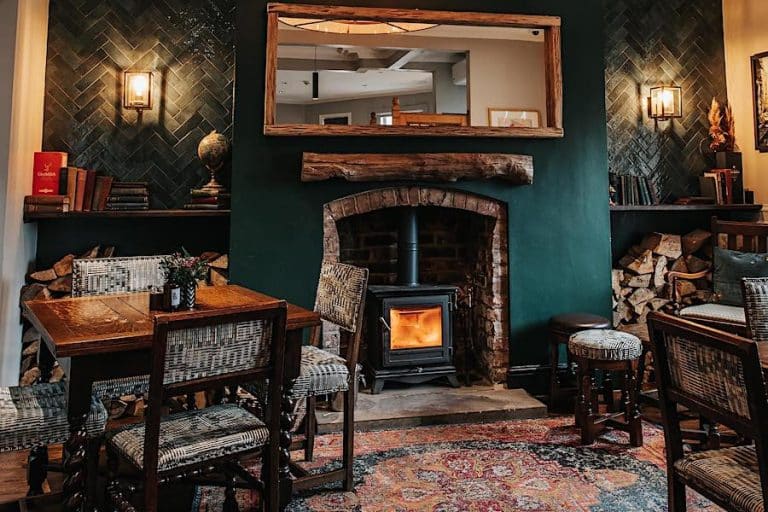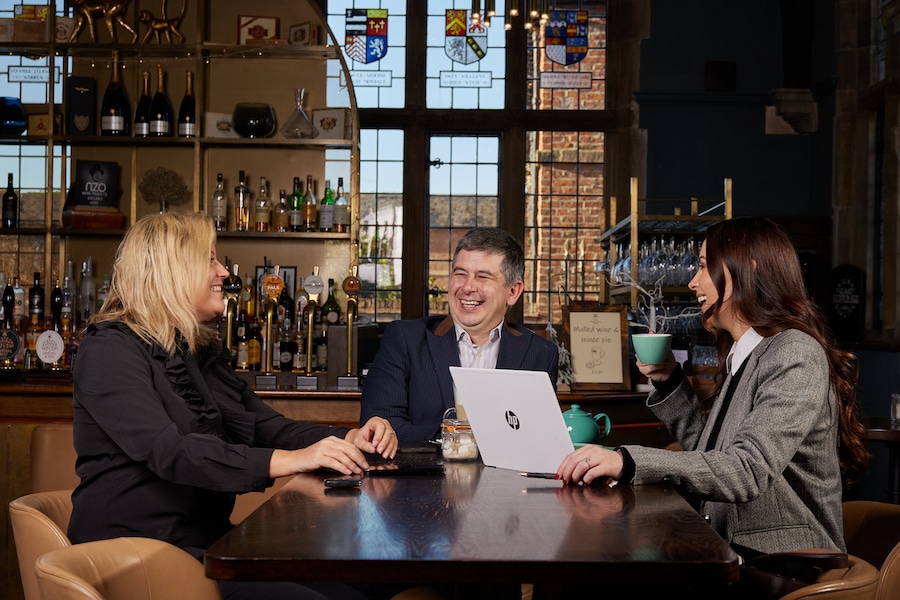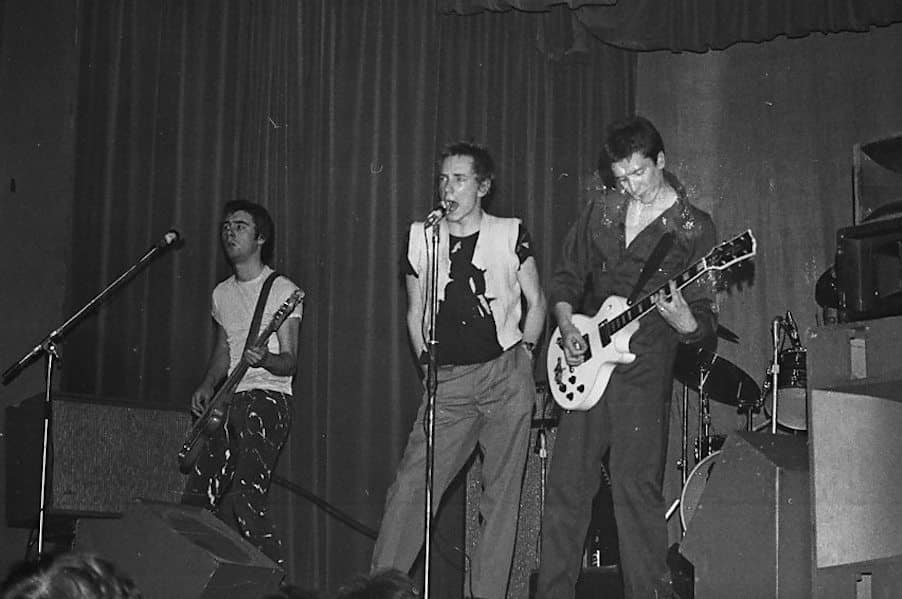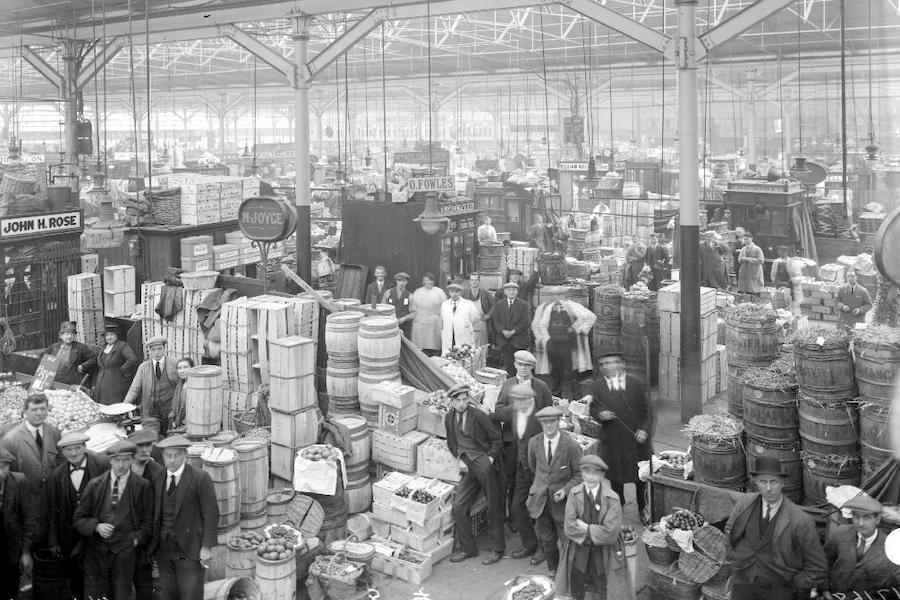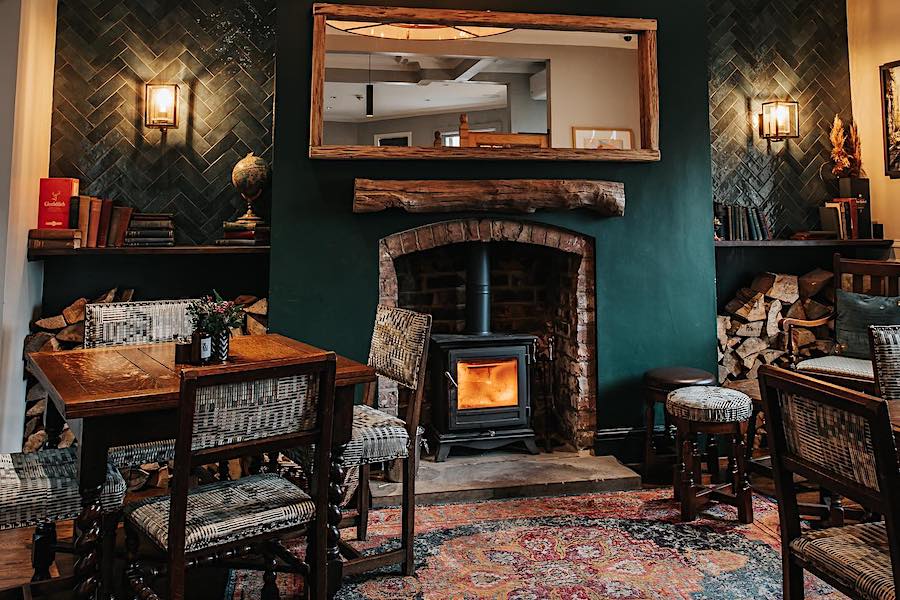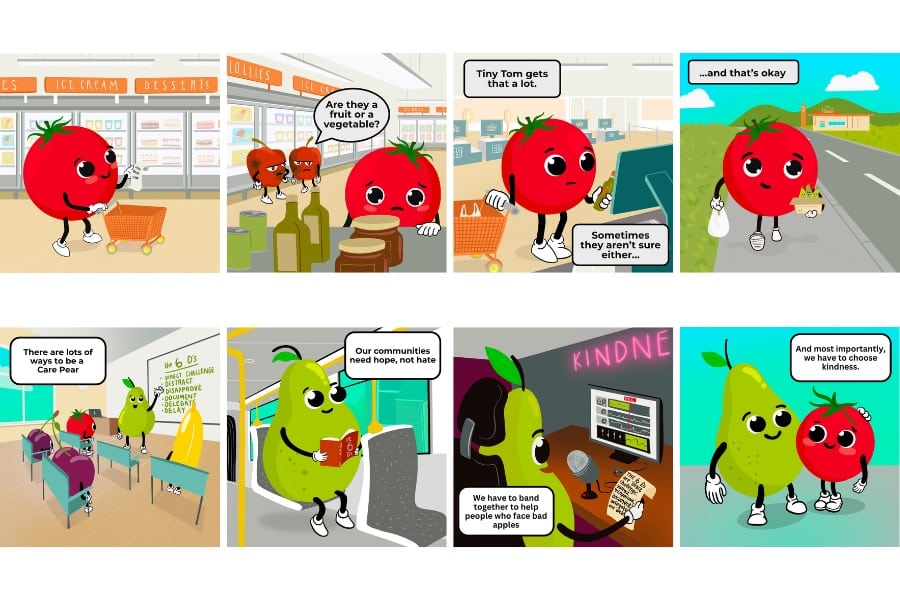Bus, rail and tram services to be reduced in Greater Manchester over the coming days
- Written by Georgina Pellant
- Last updated 5 years ago
- City of Manchester, Travel & Hotels

Greater Manchester is to reduce its public transport services over the coming days as companies move in response to new social distancing measures being adopted across the country.
Bus, rail, and tram services will continue to run during the pandemic but are all set to be reduced starting this weekend, with new timetables likely to come into full effect from next week. School services will continue to run as needed.
Bus service reductions will start on Monday in accordance with new government rules on non-essential travel. Operators Stagecoach, First and Arriva will all be running reduced timetables ‘until further notice.’
New bus schedules will be stripped back, but operators will be prioritising what they deem to be critical routes. Whilst it is not totally clear how they will look at the moment, adjusted timetables are expected to be more akin to Sunday services.
For tram users, services are likely to be reduced in frequency from every six minutes to every 12 but with more carriages to assist in social distancing, according to a statement made by Greater Manchester mayor Andy Burnham earlier this week.
TGFM’s expected opening of the new Trafford tram line is also currently under question, with bosses expected to make an announcement on whether it will go ahead very soon.
It was also announced on Thursday that train operators will also be running reduced timetables over several routes.
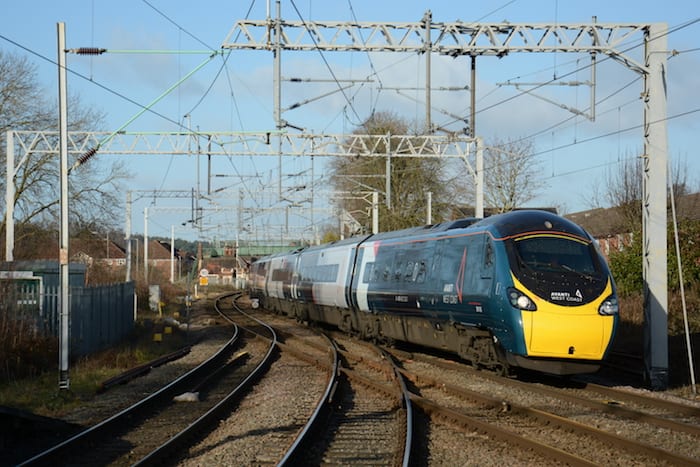
Northern, TransPennine Express, South Western Railway, and Great Western Railway have all confirmed their services will be affected. Avanti West Coast is still running a full timetable but urged passengers to check before travelling.
Northern, recently been brought back into public ownership, blamed increased staff absence in an apology issued online on Wednesday. Other networks have pointed to a decrease in passenger numbers in recent days, citing a huge drop in customers.
Whilst every effort is being maintained by services to maintain high levels of cleanliness and hygiene on transport, a successful reduction in services requires a delicate balance in order to ensure social distancing requirements can be met by passengers.
Frontline workers will still be using public transport, and their health needs to be prioritised over the operator’s profit.
There is some concern that reduced services will lead to more crowded transport, undermining advice for people to keep a distance of two metres from one another where possible.
The transport secretary Grant Shapps has suggested as many services as possible should be kept running in order to help people adhere to government advice on this.
- This article was last updated 5 years ago.
- It was first published on 20 March 2020 and is subject to be updated from time to time. Please refresh or return to see the latest version.
Did we miss something? Let us know: [email protected]
Want to be the first to receive all the latest news stories, what’s on and events from the heart of Manchester? Sign up here.
Manchester is a successful city, but many people suffer. I Love Manchester helps raise awareness and funds to help improve the lives and prospects of people across Greater Manchester – and we can’t do it without your help. So please support us with what you can so we can continue to spread the love. Thank you in advance!
An email you’ll love. Subscribe to our newsletter to get the latest news stories delivered direct to your inbox.
Got a story worth sharing?
What’s the story? We are all ears when it comes to positive news and inspiring stories. You can send story ideas to [email protected]
While we can’t guarantee to publish everything, we will always consider any enquiry or idea that promotes:
- Independent new openings
- Human interest
- Not-for-profit organisations
- Community Interest Companies (CiCs) and projects
- Charities and charitable initiatives
- Affordability and offers saving people over 20%
For anything else, don’t hesitate to get in touch with us about advertorials (from £350+VAT) and advertising opportunities: [email protected]

The Social Studio offers fun and friendship for all at Emmaus Mossley

Play ‘This Kind of Black’ returns to tell a vital Moss Side story







